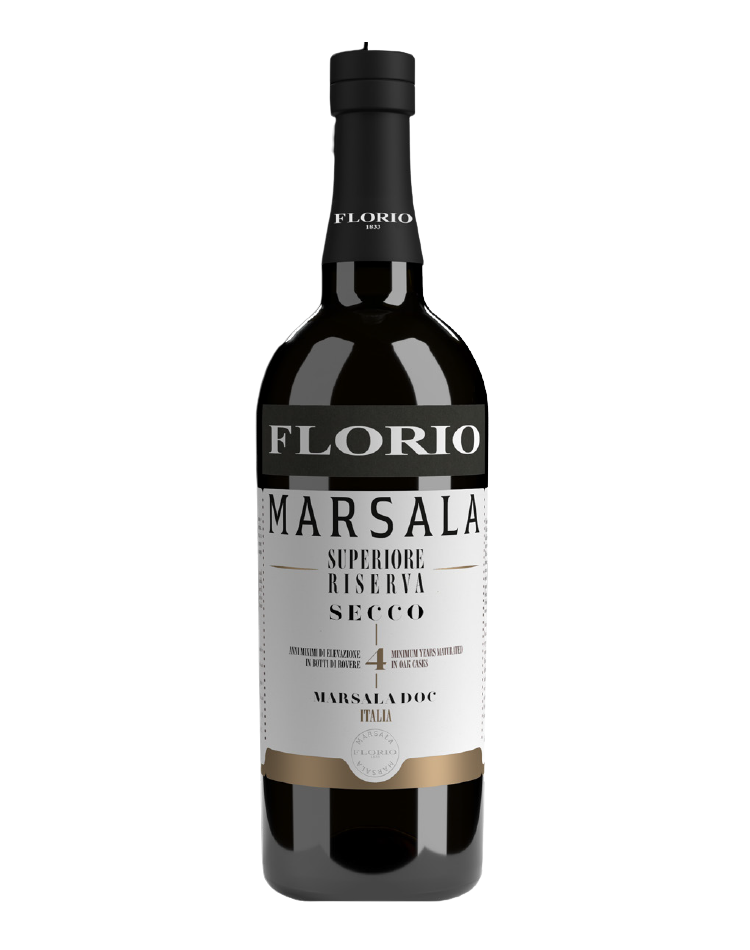
Introduction: The Importance of Marsala
Marsala, a fortified wine from the western part of Sicily, has captured the attention of oenophiles and casual wine drinkers alike for centuries. Known for its rich flavours and versatility, Marsala wine plays a crucial role not only in Italian culture but also in global gastronomy. Its unique characteristics, potential health benefits, and the way it complements various dishes make it a vital topic within the wine industry and culinary communities.
The Origins of Marsala
Marsala wine has a storied history dating back to the late 18th century when English merchant John Woodhouse discovered the region’s potent wines. He recognised their potential, began exporting them, and laid the foundation for the Marsala we know today. Since then, the wine has evolved through various production techniques, yet its essence remains rooted in its Sicilian heritage. The official Marsala designation was established in 1969, ensuring quality and authenticity.
Production and Characteristics
Marsala is made primarily from white grape varietals such as Grillo, Inzolia, and Catarratto, although red grapes like Nero d’Avola are also allowed. The wine is classified into several categories based on colour (white, ambra, and rubino) and sweetness levels (secco, semisecco, and dolce). Each variant offers distinct profiles, ranging from dry and nutty to sweet and raisin-like, appealing to diverse palates.
Current Trends and Market Activity
In recent years, there has been a resurgence of interest in Marsala wine, particularly in the gastronomic world. Chefs are rediscovering its potential, using it not only as a cooking ingredient but also as an accompaniment to various dishes. The demand for authentic, high-quality Marsala has prompted producers to focus on sustainable practices and traditional methods, thereby ensuring the wine’s heritage remains intact.
Conclusion: The Future of Marsala
As more consumers become aware of the origin and complexity of Marsala wine, it’s expected that its popularity will continue to rise. With a commitment to quality and tradition, Marsala producers are poised to take on a larger share of the global wine market. Whether enjoyed as a sipping wine or a cooking ingredient, Marsala’s rich legacy offers a glimpse into the history and innovation of the viticulture landscape, making it a wine worth exploring.
You may also like

The Legacy of Martinelli: Sparkling Cider Excellence

Discover the Greggs Pub Golden Flake Tavern
